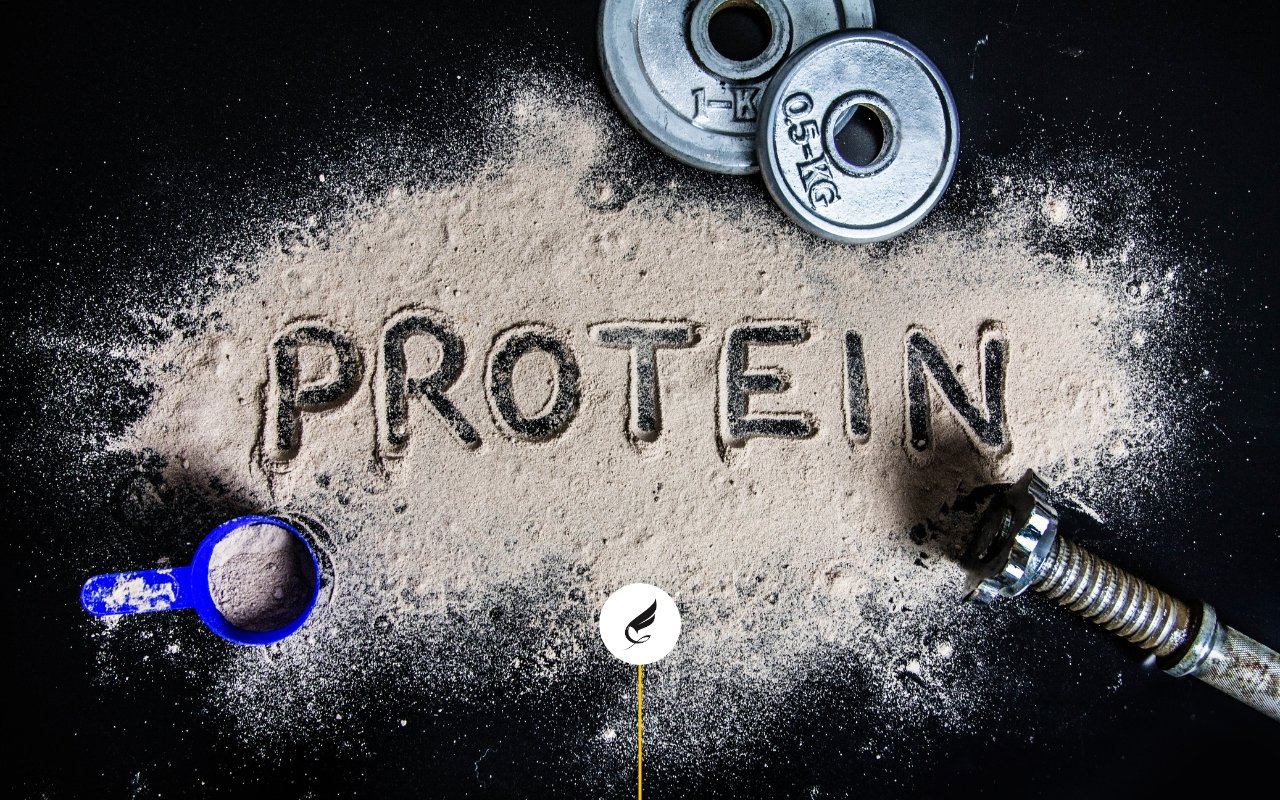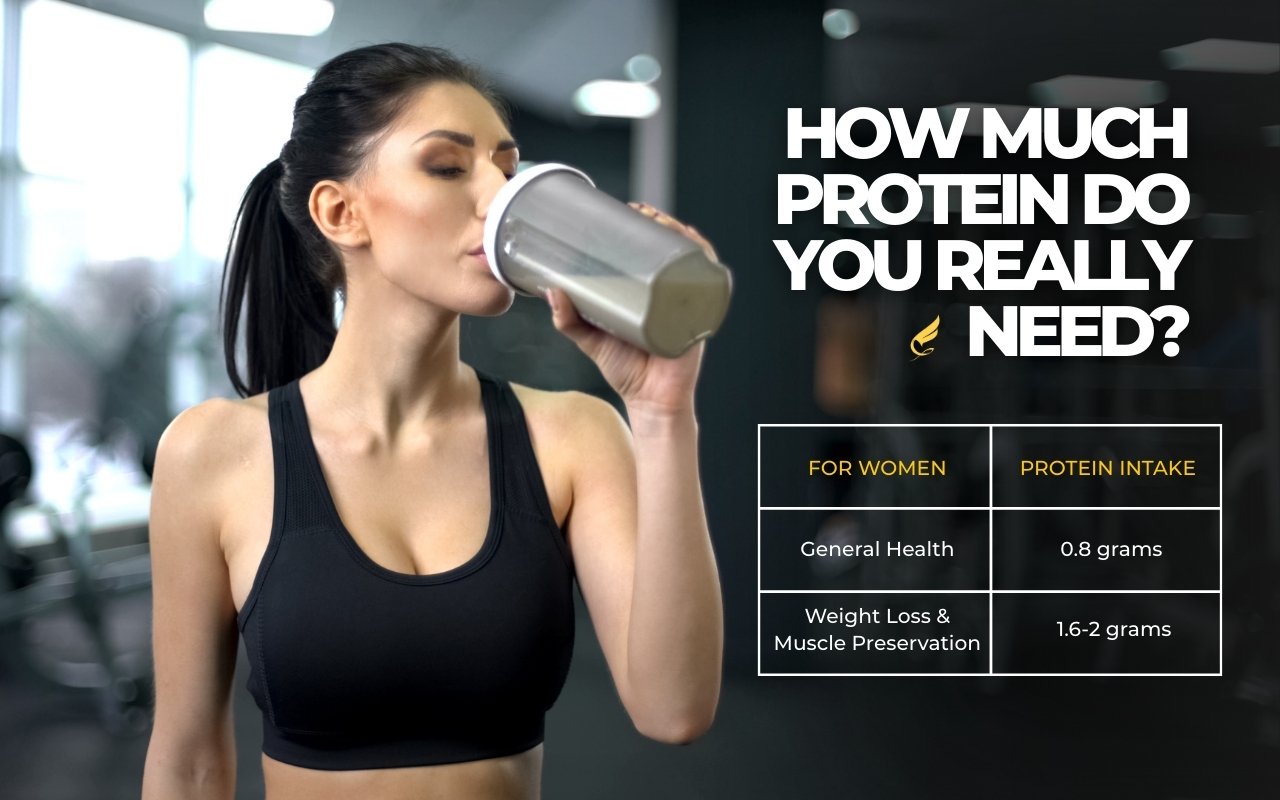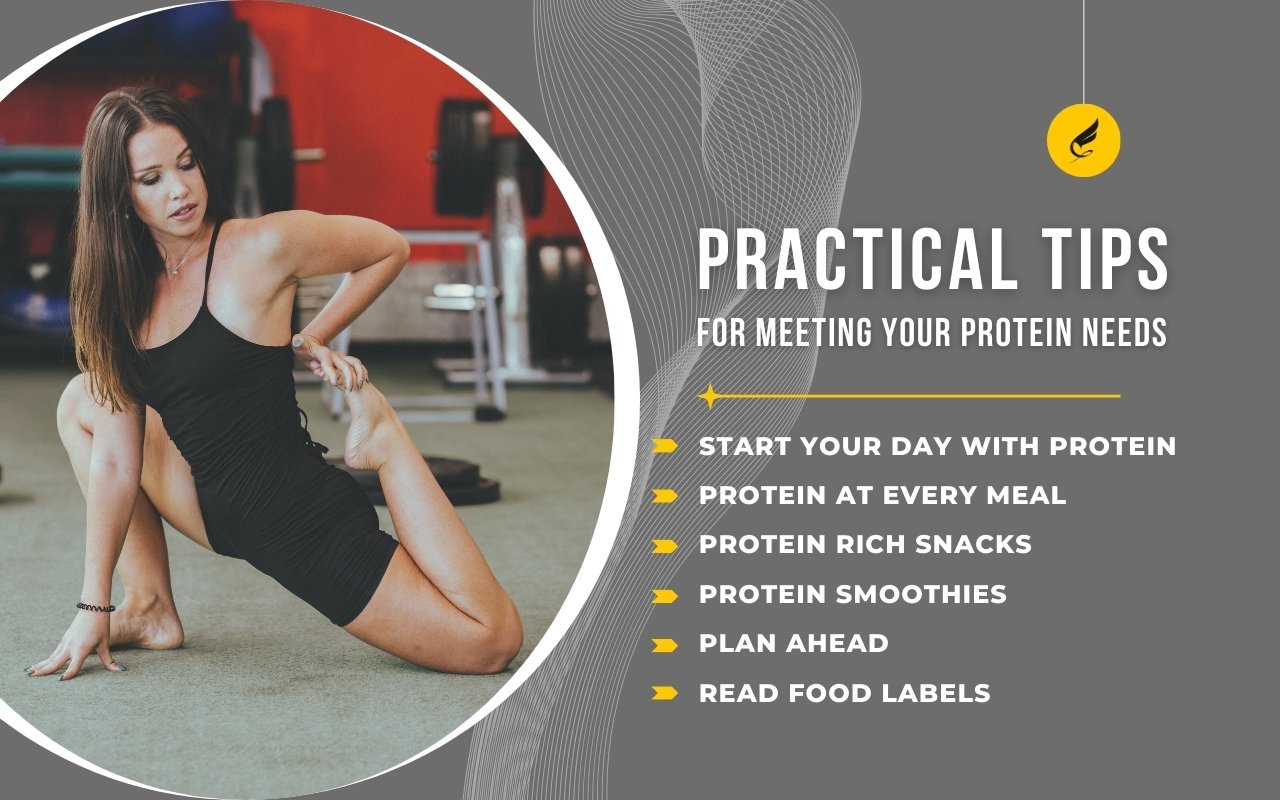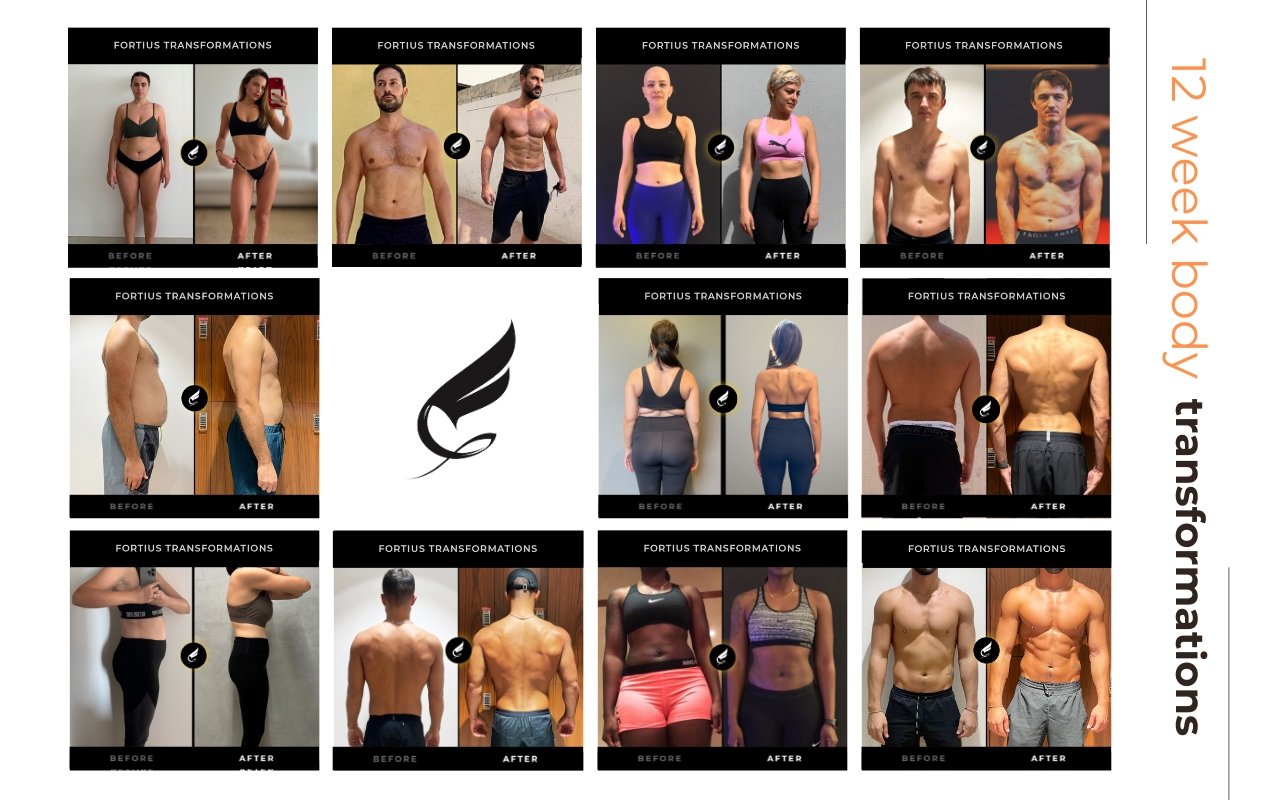Protein: Your Secret Weapon for Weight Loss (and Muscle Preservation)
Let's cut to the chase: You're trying to lose weight, but you're battling cravings and worried about losing lean muscle mass. You're not alone. The solution? Protein. It's not just a nutrient or a trend; it's your secret weapon for a leaner, stronger you.
The Power of Protein: More Than Just Muscle Fuel
Protein isn't just about muscle growth. It plays a crucial role in aiding weight loss and overall health:
Satiety Superstar: Protein helps control appetite by impacting satiety hormones, keeping you feeling full for longer, reducing cravings and preventing overeating.
Muscle Preservation: When you're trying to lose fat and lose weight, especially on a lower calorie diet, your body burns both fat and muscle tissue. Protein helps preserve this precious, metabolically active tissue.
Metabolic Boost: Protein has a higher thermic effect of food than carbs or fats, meaning your body burns more calories processing protein. This can boost metabolism and contribute to fat loss.
Blood Sugar Regulation: Protein helps stabilize blood sugar levels, preventing energy crashes and cravings throughout the day.
Muscle Repair: Protein plays a key role in muscle repair, especially important after strength training exercises.
How Much Protein Do You Really Need for Optimal Protein Intake?
For General Health: Women need around 0.8 grams of protein per kilogram of body weight for essential bodily functions.
For Weight Loss and Muscle Preservation: Aim for 1.6-2 grams of protein per kilogram of body weight to preserve muscle mass during your weight loss efforts.
Example: A 60 kg woman would need 48 grams of protein for basic functions and 96-120 grams for preserving muscle mass and aiding weight loss.
Protein-Packed Food Choices: High Quality Protein Sources
Lean Meats: Chicken breast, lean cuts of beef, turkey.
Fatty Fish: Salmon, tuna, cod.
Eggs: A versatile and affordable protein source.
Dairy: Greek yogurt, cottage cheese, milk.
Plant-Based: Tofu, tempeh, lentils, chickpeas.
Protein Powders: Whey, casein, plant-based blends, great for protein shakes.
Practical Tips for Increasing Protein Intake and Incorporating Protein:
Start Your Day with Protein: A high protein breakfast can set the tone for the day.
Protein at Every Meal: Aim for a protein source at every meal and snack.
Protein Rich Snacks: Greek yogurt, hard-boiled eggs, protein bars, nuts.
Protein Smoothies: Add protein powder to your smoothies.
Plan Ahead: Meal prepping can help you ensure you're getting enough protein.
Read Food Labels: Check protein content on food labels.
Protein and Cravings: A Winning Combination for Appetite Control
By keeping you full, protein lessens the chance of you craving sugary and high fat foods.
Protein helps maintain a healthy blood sugar level, which keeps cravings at bay.
Fortius FREE Weight Loss Calculator
Use our FREE weight loss calculator to find your ideal calories for sustainable weight loss and the protein target you need to preserve muscle.
Debunking Protein Myths:
Myth: Protein will make you bulky.
Fact: Women, due to significantly lower levels of testosterone compared to men, have a much harder time building substantial muscle mass. In most cases, when women believe they've "bulked up" after increasing protein intake, it's often due to:
Increased Calorie Intake: An overall increase in calorie consumption, often from other sources, leading to fat gain.
Water Retention: Increased inflammation from certain foods or lifestyle factors, causing temporary water retention and a "puffy" appearance.
True muscular hypertrophy requires consistent, high-intensity resistance training over an extended period, something most women do not perform.
Myth: Too much protein is bad for your kidneys.
Fact: For healthy individuals with normal kidney function, moderate to high protein intake is generally safe. However, those with pre-existing kidney conditions should consult with a healthcare professional before significantly increasing their protein consumption.
Myth: Plant-based protein is inferior.
Fact: While plant-based protein sources can effectively contribute to muscle growth and repair, there are some key differences compared to whey protein:
Amino Acid Profile: Whey protein is a complete protein, containing all nine essential amino acids in optimal ratios. Many plant-based proteins lack certain essential amino acids or have them in lower concentrations. Combining different plant-based protein sources (e.g., rice and beans) can create a complete protein profile.
Calorie Density: Whey protein typically offers a higher protein-to-calorie ratio, meaning you get more protein with fewer calories compared to some plant-based options. This can be beneficial for those aiming to control calorie intake during weight loss.
Digestibility: Whey protein is often more readily digested and absorbed than some plant-based proteins.
Ultimately, plant-based proteins are effective, but require a bit more planning to ensure all amino acid requirements are met.
Protein is your ally in the weight loss journey. It keeps you full, preserves muscle, and helps you shed pounds and achieve a leaner, stronger physique. Make it a priority in your balanced diet, and watch the results unfold. Prioritizing protein is crucial for your health and fitness goals.
Ready to unlock the power of protein and transform your weight loss results? Schedule a free consultation with our experts at Fortius Dubai to create a personalized nutrition plan that works for you. We will help you understand how much protein you need for your body weight.
-
The Dubai Body Transformation Method: Your Personalized Blueprint to Success
Reclaim Your Fitness After 40: Your Guide to Building Muscle, Boosting T, and Transforming Your Life
Menopause and Fitness in Dubai: Thriving in Your 40s and Beyond
Beyond the Scale: Tracking Progress, Nutrition, and Mindset for Lasting Transformation
The Busy Dad's Guide to Sustainable Fitness in Dubai: Forget the Fads, Focus on the Fundamentals
The Overlooked Connection: Depression, Vitamin D, Protein, and Exercise in Women
The Importance of Mindset: Cultivating a Positive Outlook for Fitness Success







